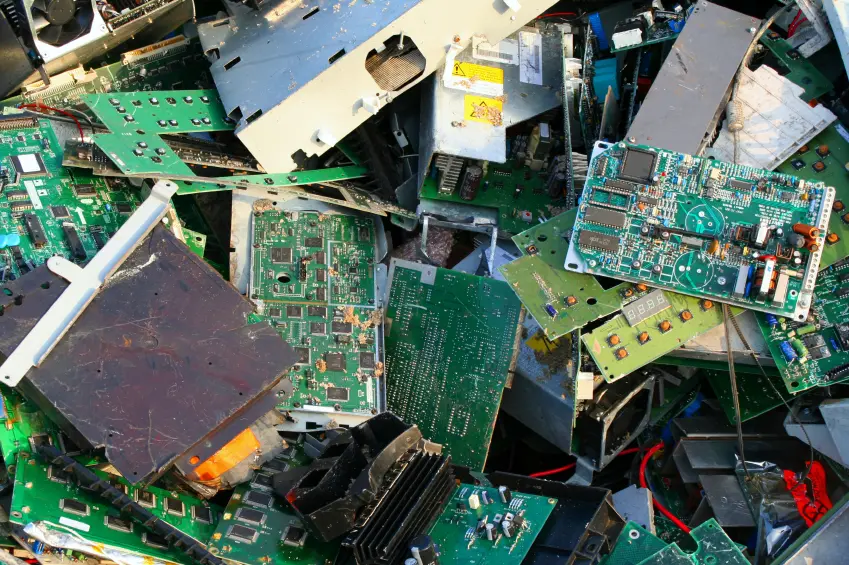A proposal by the European Parliament to set a concentration limit for the flame retardant decaBDE would put a stop to plastics from end-of-life vehicles and electronics being recycled in Europe, warn both the European Recycling Industries’ Confederation (EuRIC) and the European Electronics Recyclers Association (EERA).
The EU wants to revise the so-called persistent organic pollutants (POPs) regulation. The aim is to align the regulation with other EU legislation and the UN’s Stockholm Convention.
End of business
The proposal sets a concentration level for the substance equal to or below 10mg/kg (or 0.001%). Should such concentration limit become mandatory under the POPs recast, recycling plastics from ELVs and e-scrap will come to an end in Europe, fears EuRIC.
According to the industry body, producing recycled plastics containing less than 10mg/kg of decaBDE is not technically feasible at the industrial scale. And so the proposal, it says, would effectively stop recycling companies, which have invested heavily in the development of innovative sorting and treatment processes, from recycling plastics, while ‘bringing no added benefit to the protection of human health or the environment’.
Close down
The proposal would have a dramatic effect on recycling companies, stresses Chris Slijkhuis of the Müller Guttenbrunn Group, an Austria based e-scrap, car and plastics recycling company. ‘If implemented, this re-cast of the POP regulation would imply that certain recycling targets can no longer be met,’ he says. ‘It would result in closing down of recycling facilities involved in the processing of complex plastics from e-scrap and ELVs in the EU,’ he adds.
Don't hesitate to contact us to share your input and ideas. Subscribe to the magazine or (free) newsletter.



